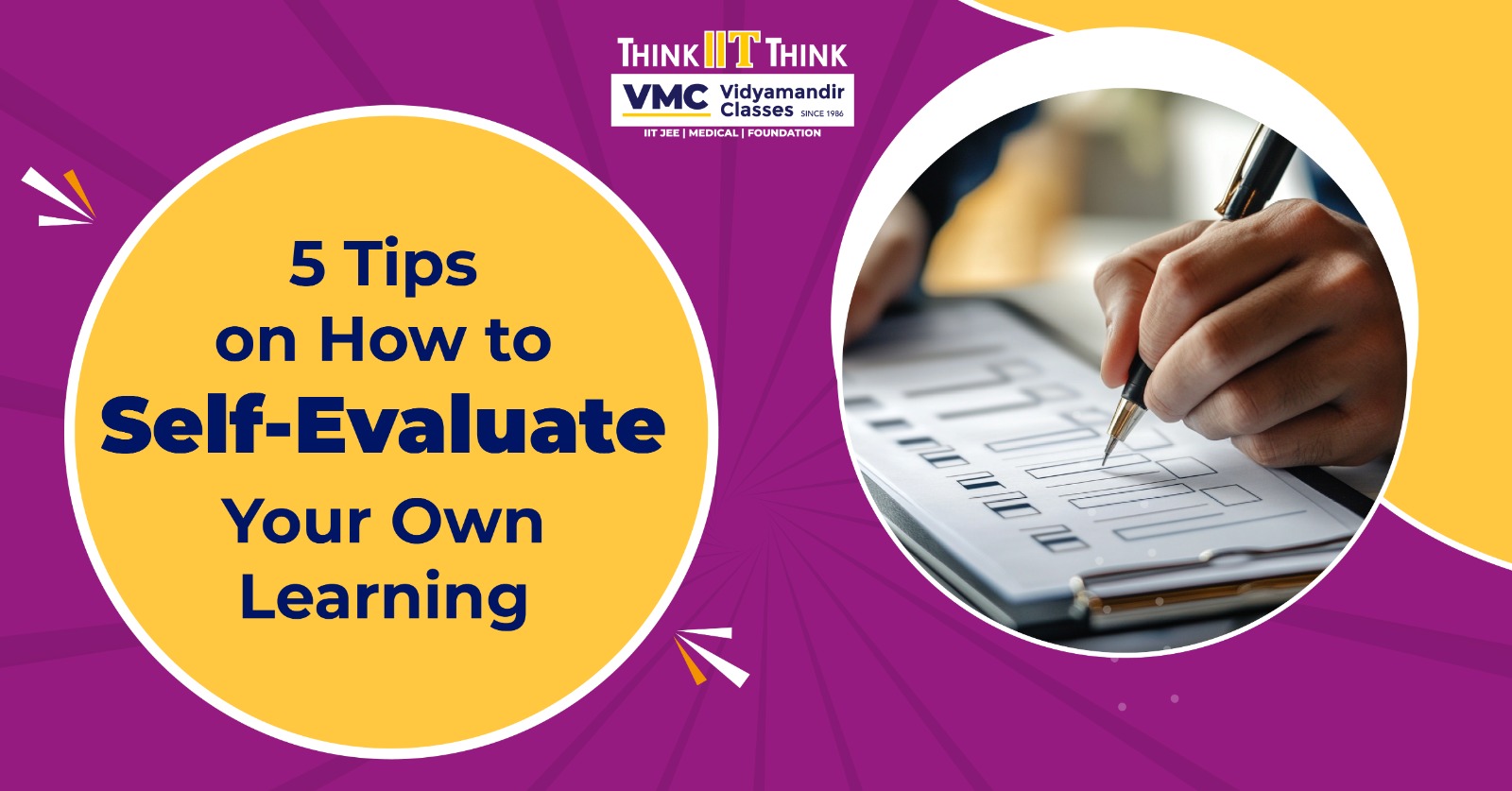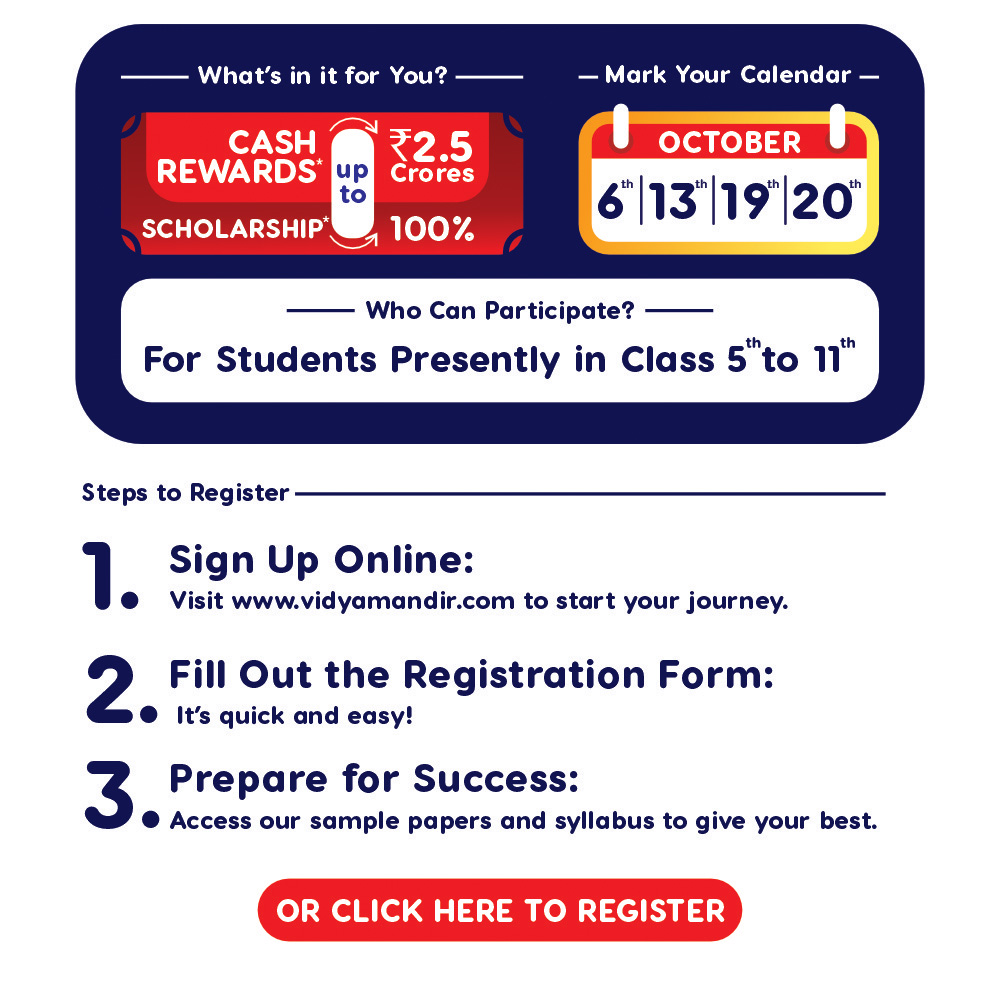5 Tips on How to Self-Evaluate Your Own Learning
 Posted On
Posted On
98 total views, 2 views today
In today’s fast-paced world, learning has become an essential aspect of personal and professional growth. Whether you’re a student, an employee, or a lifelong learner, constantly improving your knowledge and skills is crucial for success. However, learning doesn’t just stop at acquiring new information—it also involves understanding how well you’ve grasped the concepts. This is where self-evaluation plays a vital role. By assessing your own learning, you can identify strengths, address weaknesses, and adapt strategies to maximize your growth.
Here are five key tips on how to effectively self-evaluate your own learning:
1. Stay Organized
In the process of self-evaluation, organization is your greatest ally. Staying organized not only makes it easier to manage your study materials but also helps you track your progress more effectively.
Organize Your Study Resources:
Keeping your notes, textbooks, and other learning resources in order ensures that you have easy access to information whenever you need it. When your materials are scattered, it can be difficult to pinpoint where you need improvement, leading to confusion and stress. A well-organized workspace promotes clarity and allows you to concentrate on areas requiring further attention.
Identify Gaps in Understanding:
Organization helps you systematically review your learning journey, making it easier to identify any knowledge gaps. When you maintain a structured approach, you’re more likely to notice if certain topics are unclear or if you’ve skipped over something important. Regularly revisiting your notes, lesson plans, or learning tools also ensures you’re not neglecting critical areas.
Pro Tip: Create digital or physical folders for each subject or topic and review them periodically. Highlight areas where you feel less confident, and plan to revisit those topics in your next study session.
2. Use Self-Assessment Tools
Incorporating self-assessment tools into your routine is a powerful way to measure your understanding. These tools provide valuable insights into your strengths and highlight areas needing improvement.
Leverage Online Quizzes and Tests:
Many online platforms offer subject-specific quizzes or tests that can help you gauge your comprehension. These assessments are designed to test your knowledge and push you to think critically. By using these tools, you can monitor your progress and measure how much you’ve truly learned.
Compare Results with Benchmarks:
It’s not enough to just take quizzes and tests; you should also compare your results with external benchmarks or expert opinions. By doing so, you gain a clearer understanding of how you fare against the expected standards. This comparison can reveal areas where you need to deepen your knowledge or improve your skills.
Pro Tip: Use apps or websites like Quizlet, Khan Academy, or Google Forms to create or take quizzes. Document your scores to track improvement over time and adjust your study plan accordingly.
3. Regular Testing and Practice
Testing is one of the most direct ways to evaluate your learning. Whether through formal exams or informal quizzes, regular testing keeps your memory sharp and ensures retention of key concepts.
Test Yourself Frequently:
Taking frequent tests, whether in the form of flashcards, mock exams, or quick review sessions, keeps your knowledge fresh and highlights gaps that may have developed. Self-testing doesn’t just reveal what you know; it also shows what you don’t, providing a clear roadmap for further learning.
Practice Reinforces Learning:
Along with testing, practice is key to mastering any subject. Regular practice not only helps reinforce the material you’ve learned but also gives you a hands-on understanding of how to apply the information in real-life situations. Whether you’re learning math, coding, or a new language, continuous practice improves your skill level and boosts your confidence.
Pro Tip: Schedule weekly self-tests and review the results. Revisit the topics where you struggled, and include more practice sessions focused on those areas.
4. Reflect on Challenges
Learning is not a linear process, and challenges are inevitable. Reflecting on the obstacles you encounter during your learning journey can offer valuable lessons and lead to deeper understanding.
Identify Learning Challenges:
Pay attention to the difficulties you face, whether they are related to time management, understanding complex topics, or staying motivated. Reflection is key in identifying these roadblocks, as it helps you confront your weaknesses head-on. Without self-reflection, it’s easy to overlook problems, resulting in stagnant progress.
Develop Solutions:
Once you’ve identified your challenges, the next step is to develop strategies to overcome them. For example, if time management is an issue, consider breaking down your study sessions into smaller, more manageable chunks. If certain subjects are particularly challenging, find alternative ways to approach the material, such as using visual aids or discussing the topics with peers.
Pro Tip: Keep a learning journal where you can document the challenges you face and the solutions you’ve implemented. This reflective practice will help you continuously adapt and improve your learning process.
5. Adapt Your Strategies
Adaptability is key to effective learning. No single strategy works for everyone, and what might work well for one subject may not be as effective for another. Being flexible in your approach is crucial to long-term success.
Experiment with New Approaches:
If a certain study technique isn’t working, don’t be afraid to try something new. For instance, if you’re struggling with reading comprehension, consider switching to audiobooks or video lectures. If you find traditional note-taking tedious, explore mind-mapping or other visual learning methods. The goal is to find what resonates with you and enhances your understanding.
Adjust Time Management:
One important aspect of adaptability is being willing to revise your time management strategies. If you notice that your study sessions are not productive, consider adjusting the length or frequency of your sessions. Perhaps studying in shorter, focused bursts works better for you than long hours of uninterrupted work.
Pro Tip: Regularly review your study habits and be open to modifying them based on the results of your self-evaluation. Flexibility in learning ensures that you stay engaged and motivated.
Conclusion
Self-evaluation is a critical component of effective learning. By staying organized, utilizing self-assessment tools, testing yourself regularly, reflecting on challenges, and adapting your strategies, you can gain a deeper understanding of your learning journey. The key is to remain consistent, reflective, and open to change. This self-awareness will not only help you excel in your studies but also develop a mindset of continuous growth that can be applied to every aspect of life.




